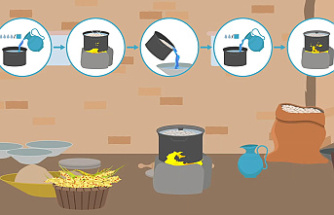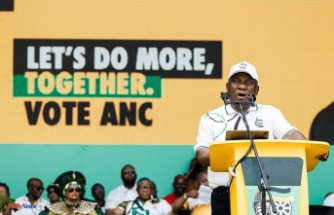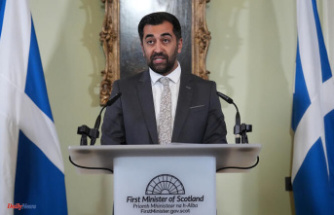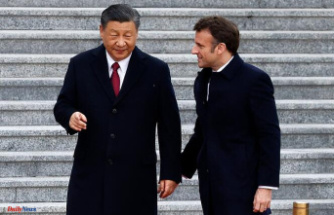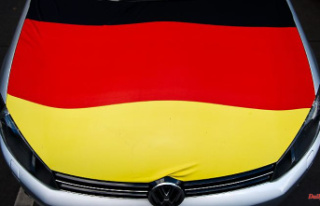Dilapidated bridges, streets full of holes, outdated schools. Maintaining the infrastructure places enormous demands on districts and municipalities. In addition, there are rising construction costs. According to the municipal associations, a reduction in the infrastructure flat rate in MV is not at the right time.
Schwerin (dpa/mv) - Immediately before the municipal summit planned for November, districts and municipalities in Mecklenburg-Western Pomerania underpinned their demand for an unabridged infrastructure flat rate. "The investment backlog in the renovation of bridges, schools or roads was estimated at 2.1 billion euros. It cannot be reduced overnight. We will need the full lump sum for many years to come," said Matthias Köpp, Managing Director of the district association . The City and Municipal Council had also criticized the state government's cutback plans and referred to the strong cost increases as giving the wrong signal.
The infrastructure flat rate was introduced with the reform of municipal financial equalization in 2020. It should enable municipalities to maintain and renew important infrastructure regardless of their own budgetary situation. The funds flowed, among other things, for the renewal of roads and cycle paths, modern street lighting and school buildings.
150 million euros have been made available for three years, two-thirds financed by the state and one-third by the municipalities themselves. From 2023 the state now wants to reduce its grants to 60 million euros. According to Köpp, in order to prevent this, the law would have to be changed, since the payment of the full amount is limited to three years.
The municipal associations are pushing for an early date for the summit meeting between the government and the municipalities. There is a need for further discussion, said Köpp. As an additional topic, he named the management of the energy crisis, which also poses great challenges for municipal companies and suppliers and which means additional expenditure for the districts due to the assumption of heating costs for social benefit recipients. In addition, it is about the accommodation of refugees and the distribution of the financial burden.
According to the Ministry of the Interior, the state government is sticking to the goal of convening a municipal summit in November. However, a date has not yet been set.



